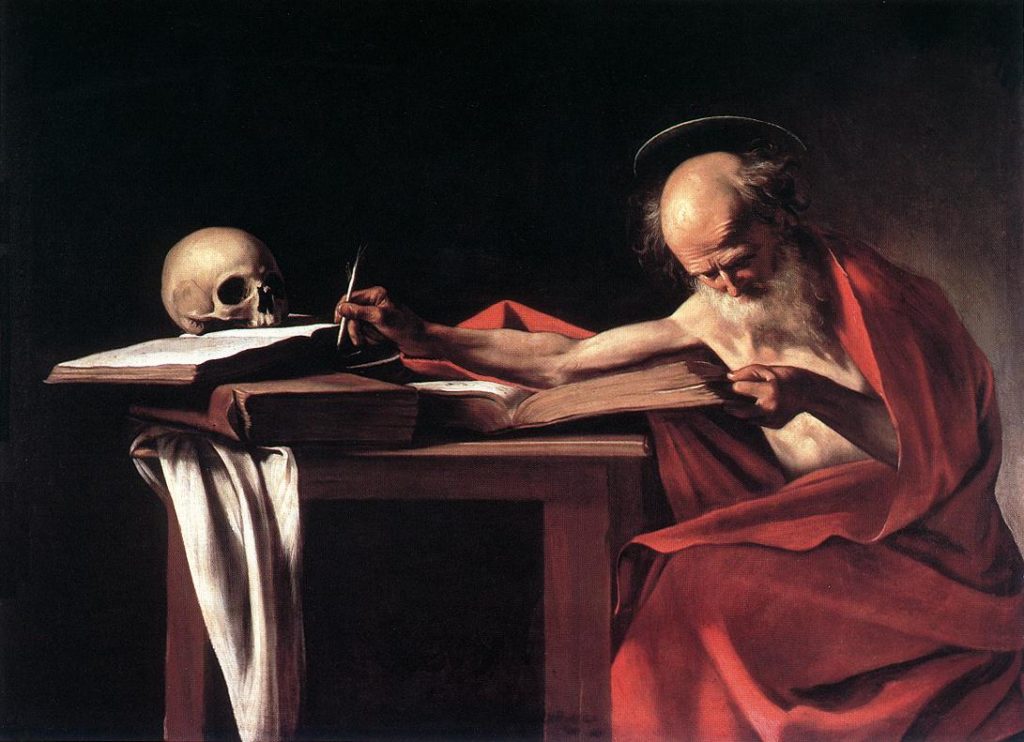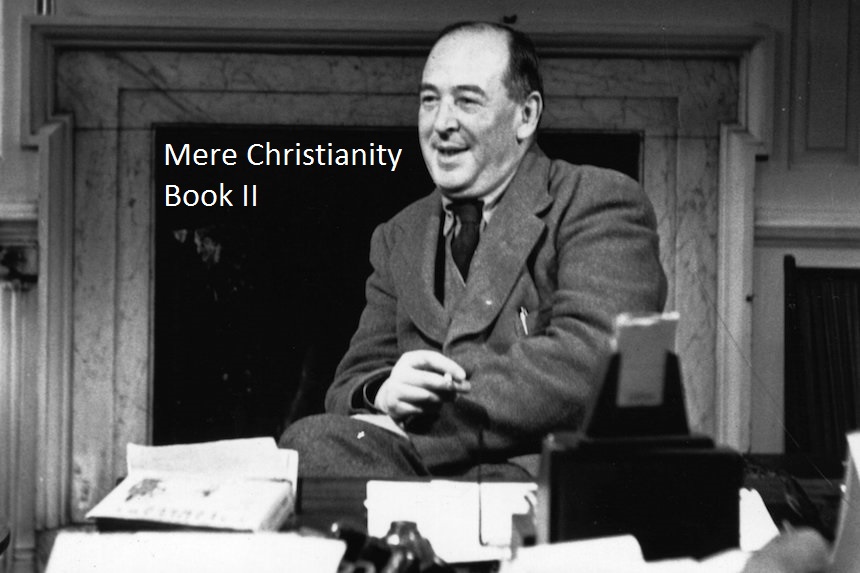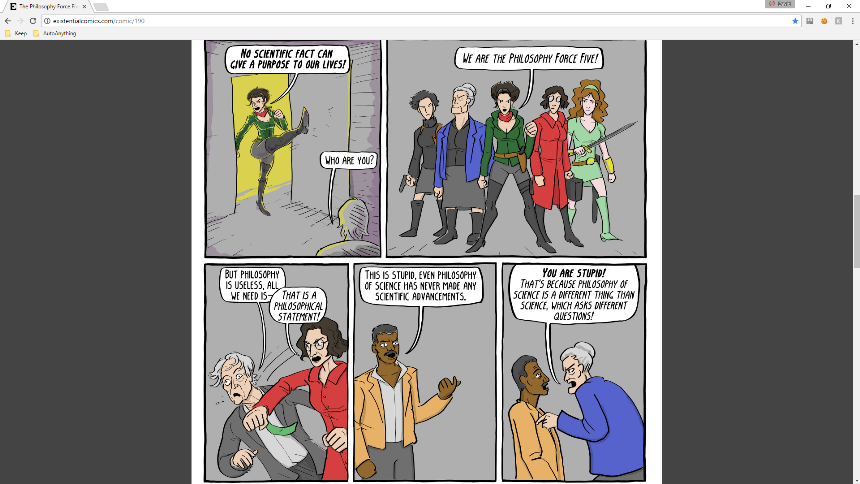Catholic Encouragement for reading Scripture


I have finally returned to a manuscript I wrote last year for a book on leading Bible Study. Each chapter begins with a quotation from a Saint or Church document which praises God’s Word or exhorts the faithful to the reading of Scripture. Today’s post will function as a notepad for all the quotations I’ve found…
Is there a quotation you love which I have omitted? Please share it in the Comments!
2nd Century
St. Irenaeus of Lyons
For we learned the plan of our salvation from no others than from those through whom the gospel came to us. They first preached it abroad, and then later by the will of God handed it down to us in Writings, to be the foundation and pillar of our faith
– St. Irenaeus of Lyons, Against Heresies 3.1.1 (2nd Century)
3rd Century
Origen of Alexandria
One must therefore portray the meaning of the sacred writings in a threefold way upon one’s own soul, so that the simple person may be edified by what we may call the flesh of the scripture, …the obvious interpretation; while the one who has made some progress may be edified by its soul, as it were; and the one who is perfect… may be edified by the spiritual law, which has “a shadow of the good things to come” (cf. Rom. 7:14). For just as the human being consists of body, soul and spirit, so in the same way does the scripture, which has been prepared by God to be given for humanity’s salvation.
– Origen of Alexandria, On First Principles 4.11 (3rd Century)
4th Century
St. Jerome
Ignorance of the Scriptures is ignorance of Christ
– St. Jerome, Commentary on Isaiah (4th Century)
When we pray, we speak to God; but when we read, God speaks to us
– St. Jerome (4th Century)
“Do you pray? You speak to the Bridegroom. Do you read? He speaks to you”
– St. Jerome, Letter XXII to Eustochium, 25 (4th Century)
“Read assiduously and learn as much as you can. Let sleep find you holding your Bible, and when your head nods let it be resting on the sacred Page”
– St. Jerome (4th Century)
St. Athanasius
“Scripture is of all things most sufficient for us.”
– Saint Athanasius, Father and Doctor of the Church (4th Century)
“These books are the fountains of salvation, so that he who thirsts may be satisfied with the oracles contained in them”
-Saint Athanasius, Father and Doctor of the Church, Letter 39.6 (4th Century)
St. Epiphanius of Salamis
“Reading the Scriptures is a great safeguard against sin”
– St. Epiphanius (4th Century)
St. Ambrose of Milan
“…we speak to Him when we pray; we hear Him when we read the divine saying.”
– St. Ambrose of Milan, On the Duties of Ministers I, 20,88: PL l6,50 (4th Century)
“Let the Word of God come; let it enter the Church; let it become a consuming fire, burning the hay and stubble, and consuming whatever is worldly”
– St. Ambrose of Milan (4th Century)
St. John Chrysostom
“The Holy Scriptures were not given to us that we should enclose them in books, but that we should engrave them upon our hearts”
– St. John Chrysostom (4th Century)
“It is not possible, I say not possible, ever to exhaust the mind of the Scriptures. It is a well which has no bottom”
– St. John Chrysostom (4th Century)
St. Augustine
“If you believe what you like in the gospels, and reject what you don’t like, it is not the gospel you believe, but yourself”
– St. Augustine, Father and Doctor of the Church (4th Century)
“He will find there in much greater abundance things that are to be found nowhere else, but can be learnt only in the wonderful sublimity and wonderful simplicity of the Scriptures”
– St. Augustine, Father and Doctor of the Church, De Doctr. Christ. 2,42,63 (4th Century)
“The New Testament lies hidden in the Old, and the Old is unveiled in the New”
– St. Augustine, Father and Doctor of the Church (4th Century)
St. Ephraim the Syrian
“When you begin to read or listen to the Holy Scriptures, pray to God thus: “Lord Jesus Christ, open the ears and eyes of my heart so that I may hear Thy words and understand them, and may fulfill Thy will”
– St. Ephraim the Syrian (4th Century)
 I came across another John Finch song, “Saviour of the World”…
I came across another John Finch song, “Saviour of the World”…

